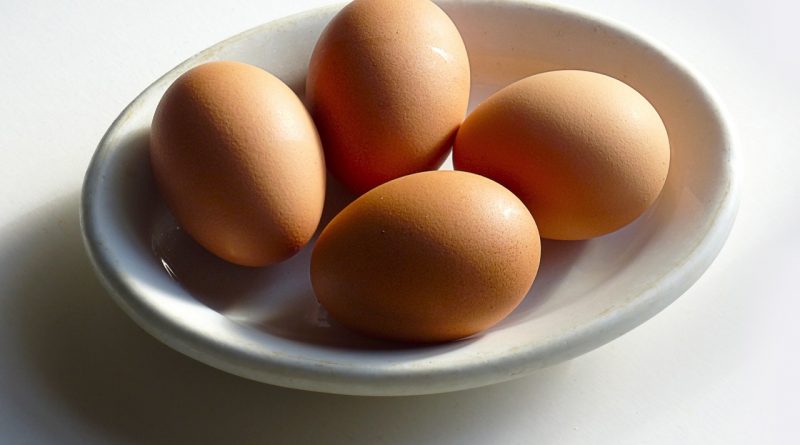Are eggs good for cats?
Eggs are a delicious source of high quality protein. But, sadly many people believe the popular myth of eggs containing high levels of cholesterol and are wary of the yolks. As a result, most people usually consume the whites while leaving the juicy yellow yolks to our four-legged buddies. So, here’s the important question – How can something that is said to be unsafe for you be safe for your pet? Are eggs in totality good for our feline buddies?
Thankfully recent researches have proved that eggs are not to be held responsible for causing heart diseases in humans. They are a good source of fat and the bad cholesterol rises only when people eat too much of unhealthy food and not get enough exercise. So, eggs are safe for human consumption.
The same holds true even for cats. Cats do fall prey to heart diseases but not the type that is caused by raised cholesterol levels in humans. Cats may suffer from only two types of heart diseases. Hypertrophic cardiomyopathy – that is an inherited disease and not due to their lifestyle, and Dilated Cardiomyopathy – which is caused due to taurine deficiency. Usually cat foods have taurine present in sufficient quantities to eliminate this problem. Also, keep in mind that eggs are a wonderful source of taurine.
So, eggs are an excellent source of protein recommended by nutritionists especially for our feline friends. It is therefore recommended to serve only cooked eggs to your pet but in moderation.
Why must cats eat eggs in moderation?
Eggs undoubtedly are nutritious. But they do not make for a balanced meal for your pet. A cat that is only fed eggs will develop nutrition deficiencies. If you follow the one egg a day plan for your pet then you will be inviting health troubles for your pet. Think of it like this, one egg for a cat is equivalent to eight eggs for a human! Definitely not healthy for your cat.
To sum it all, eggs are good for your cat. They are healthy and nutritious. But feed them in moderation for them to enjoy good health!
You can always contact your vet for further professional advice.

